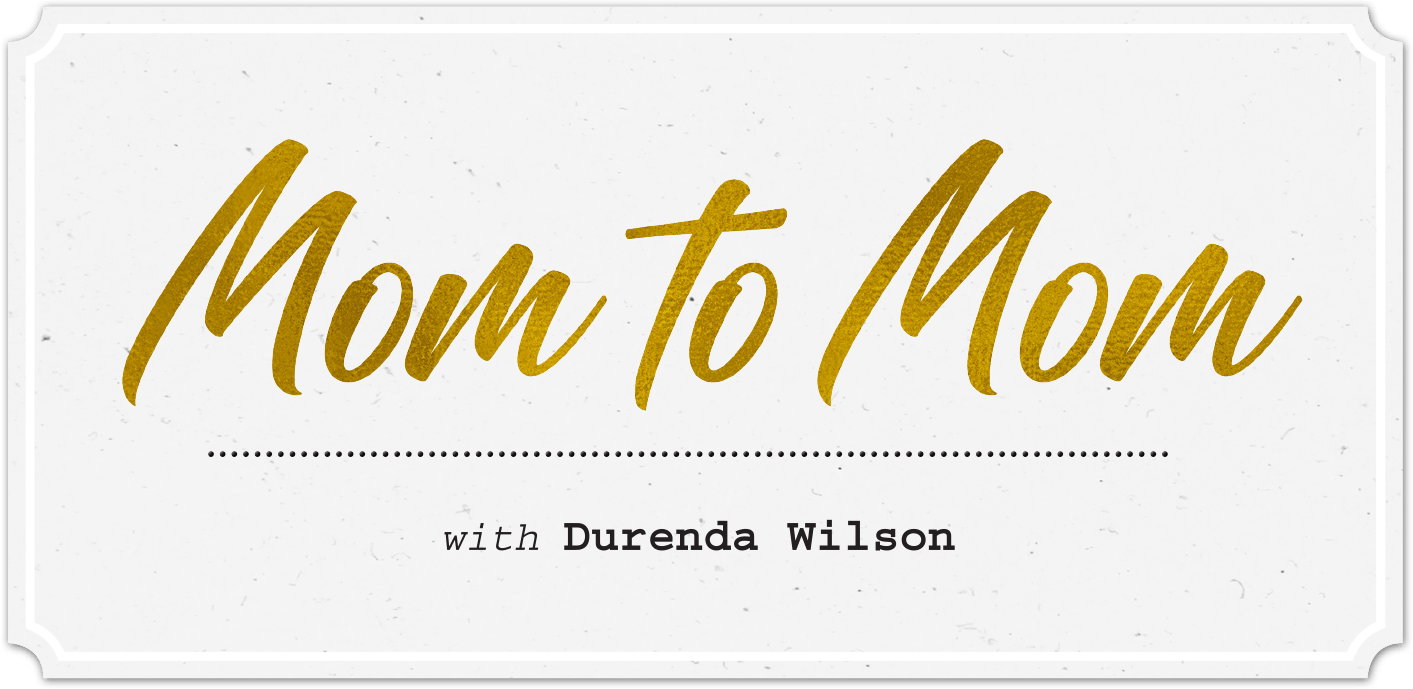
I sat across the restaurant table from my husband, I explained in great detail my frustrations with our four teen sons. Over the course of the previous two weeks, it seemed as though no matter how much I talked to them, they were tuning me out. The more I talked, the less they listened. I couldn’t get through to them, and I was at the end of my rope.
My husband listened but said very little. However, as we were driving away from the restaurant he turned to me. “I need to tell you something about the boys, but I don’t want to hurt your feelings.”
At this point, I was so relieved to have gotten everything off my chest, I told him I was ready to hear whatever he had to say.
“You use too many words.”
Silence.
My husband continued. “They don’t respect you when you talk too much.”
Suddenly a light bulb turned on in my head and my heart.
He was right. I knew this. I knew that men often tend to be far less verbal and that teen boys have a hard time focusing due to the hormones raging through their bodies. I had just not made the connection.
Everything made sense now.
After we got home, I sat down with our boys. I recalled briefly the frustration I had felt over the previous two weeks and acknowledged that I was sure they felt it too. Then, I told them that their dad said I was using too many words and asked them if that was true. Their faces lit up, and they wholeheartedly agreed. One of them said, “Mom, we would rather experience physical pain than listen to you talk so much.”
Ouch.
They weren’t being disrespectful. Just honest.
I was incredibly grateful for this insight and told the boys I was committed to using fewer words but would likely take quicker action in terms of consequences. They seemed relieved.
I won’t say it wasn’t hard to reduce my naturally prolific use of words, but the results were better than I could have hoped for. It really was an opportunity for me to learn a new way to communicate, which would be beneficial in other situations as well.

This is the nature of parenting and homeschooling: the kids aren’t the only ones learning. I often say that my kids have taught me more than I taught them. The moments that felt like failures are the places I learned the most. However, it required me to be humble, willing to admit I was wrong both to myself and my kids, and then talk about what I learned and how glad I was for it.
These were also lessons that were learned repeatedly as we intentionally nurtured sibling relationships.
When we decided to homeschool I never factored in the amount of time I would spend each day refereeing conflict between our kids. For some reason I thought they would, for the most part, be naturally kind to one another and that conflicts would be the exception not the rule. Yes, I can already hear you laughing, and I’m laughing right along with you.
“We have the opportunity of a lifetime to both model and teach our kids that failure is part of life and part of being human. It’s what we do with it that matters.”
At one point I was so frustrated I wanted to pull my hair out! Here I was, committed to homeschooling for the long haul, wondering if everyone would actually survive. How in the world would we get anything done if all we were doing was trying not to kill each other? It felt like an insurmountable obstacle.
As I prayed about it, I realized that what I had was not actually an obstacle, but a golden opportunity to teach our kids a myriad of lessons through these sibling relationships.
I had failed to see these processes as part of their education, not an obstacle to their education. Our kids were going to be relating to all kinds of people in all kinds of situations during their lifetime. Learning how to do that in a healthy way would be crucial, directly affecting every day of their adult lives. They would need lots of practice in order to lay a solid foundation in how they handled those times. Starting at home with their siblings would give them the tools and the confidence they needed to be successful.
Social skills start at home. They develop as children interact with their parents and siblings. It’s in the day-to-day with their brothers and sisters that they learn teamwork, communication, self-control, empathy, and a host of other character qualities and skills.
That means there will be failures. It also means, as parents, we will need to set an example and be willing to learn right alongside our kids.
Make no mistake: our kids are watching. They want to know if it is safe to make mistakes. They want to know if it’s okay to fail.

